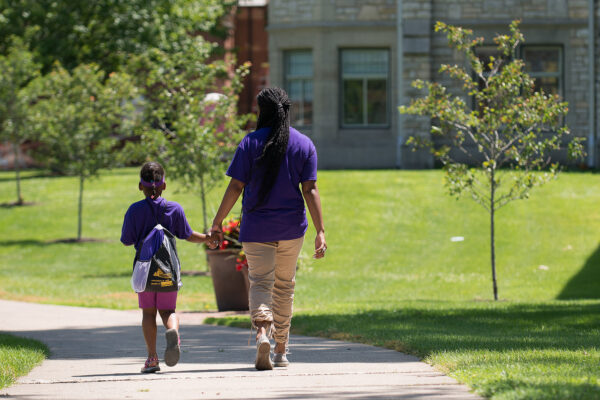Exploring the Paradox: New Report Analyzes Equity Gaps in Credit Completion for Adult Learners
Title: Equity Paradoxes in The PLA Boost: Opportunity Unrealized for Some Students Despite the Potential for Improved Credit Completion
Author(s): Rebecca Klein-Collins, Peace Bransberger, & Patrick Lane
Source: CAEL & WICHE
The Council for Adult and Experiential Learning (CAEL), in partnership with the Western Interstate Commission for Higher Education (WICHE), recently released a new brief that investigated the gaps in equity surrounding prior learning assessment/credit for prior learning (PLA/CPL) for Black and lower-income adult students’ credential completion. As defined by the authors of the report, PLA/CPL are diverse approaches colleges and universities can assess learning outside of academic spaces and “grant college credit, certification, or advanced standing toward further education or training” (p. 3). In addition, the report features insightful considerations from interviewed PLA/CPL institutions regarding possible factors that could serve as barriers for the populations mentioned above and their credit attainment.
Key findings from this report include:
- Black adult Pell Grant recipients displayed a greater-than-average completion boost from PLA/CPL programs compared to those without PLA/CPL.
- Many adult service member students (current or veteran) who have received PLA/CPL credit mainly achieved this because of the ACE military credit recommendations.
- The lowest PLA/CPL credit rates were spotted among non-service-member adult students, which was especially true for Black non-service members who had the lowest PLA/CPL rate overall within this study.
- Various factors such as out-of-pocket costs, antiquated policies and processes regarding recognized prior learning experiences, inadequate support and messaging around PLA/CPL, and lower self-efficacy among adult learners, specifically those for marginalized communities, can all be considered barriers to successfully navigating PLA/CPL.
The report also includes various recommendations that institutions can employ to ensure that PLA/CPL programs are accessible and equitable for all adult learners. Some recommendations include:
- Provide financial support for low-income students that pursue PLA/CPL opportunities.
- Improve and be intentional in communication to students about PLA/CPL.
- Diversify PLA/CPL offerings for learning that appear in various occupations outside of managerial and white-collar jobs.
To read the full report, click here.
—Brianna C.J. Clark
If you have any questions or comments about this blog post, please contact us.

